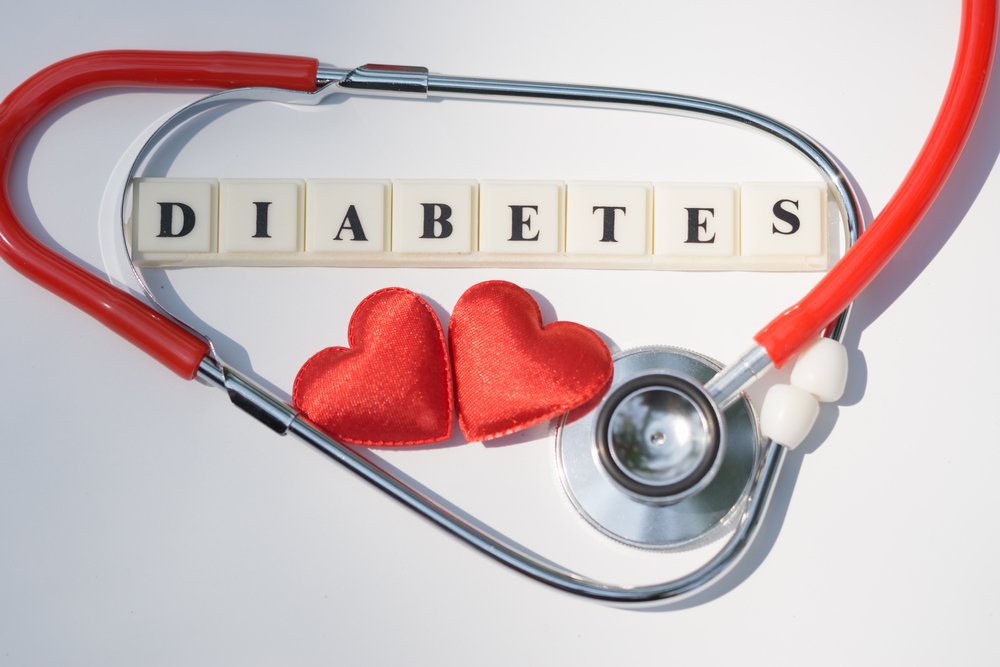Why Fish Oil Entered the Depression Conversation
For years, clinicians have noticed that countries with higher fish intake often report lower rates of depression. That observation helped spark the idea that long-chain omega-3s—EPA and DHA—might influence mood by topping up nutrients that are scarce in some diets. It’s a tidy hypothesis, but the full story is more nuanced.
A New WHO-Funded Review Finds Little Preventive Effect
The University of East Anglia meta-analysis
A large, WHO-funded systematic review from the University of East Anglia pooled 31 trials including more than 41,000 adults who either added EPA/DHA (mostly as capsules) or kept their usual intake for at least six months. The median dose was just under 1 gram per day. The bottom line: increasing long-chain omega-3s did not meaningfully prevent symptoms of depression or anxiety. The authors’ view was straightforward—fish is a nutritious food, but fish-oil pills shouldn’t be promoted as a primary treatment or a prevention strategy for mood disorders.
Do Omega-3s Boost Antidepressants?
A sertraline + EPA trial in heart patients
Because some small studies hinted EPA could potentiate antidepressants, researchers tested whether adding 2 g/day of EPA to sertraline (50 mg/day) improved outcomes in patients with major depression and coronary disease or high CV risk. After 10 weeks, symptom improvement was no better than sertraline plus placebo. The take: if omega-3s help a subset of patients, we still need to learn who and how.
Why Results Conflict: Depression Isn’t One Thing
Depression and anxiety arise from a tangle of biology (neurotransmitters, inflammation, genetics), life events, medications, and medical comorbidities. Trials also vary widely—diagnoses, baselines, dosing (from ~500 mg to >6 g/day), and whether blood levels were measured. That heterogeneity can blur real effects in the people most likely to benefit.
Signals on the Positive Side
The largest evidence umbrella points to add-on benefits
A meta-synthesis in World Psychiatry reviewed 33 meta-analyses across nearly 11,000 participants with diverse psychiatric conditions. Many supplements disappointed—except omega-3s, which showed the strongest evidence as adjunctive therapy for major depression (adding benefit beyond antidepressants). Modest improvements were also suggested for ADHD in some cases, with overall good safety at standard doses.
Emerging practice guidance from experts
The International Society for Nutritional Psychiatry Research (ISNPR) published clinical guidance supporting omega-3s as an add-on for major depressive disorder, with an emphasis on tailoring therapy—considering inflammatory status and Omega-3 Index (the red-blood-cell EPA+DHA percentage) to identify low-status patients who might benefit most.
When Blood Levels Rise, Some Outcomes Move
Heart failure cohort: mood correlations and feasible targets
In a randomized pilot among people with chronic heart failure and depression, higher achieved Omega-3 Index values (≈7% in the active groups) tracked with lower “cognitive” depression scores and better social functioning over 12 weeks, suggesting that getting omega-3s into tissues may matter for mood-related domains in medically complex patients.
Students under stress: early anxiety data
A classic study in medical students found that ~2.5 g/day of omega-3s reduced anxiety by about 20% versus placebo during exam stress periods, aligning with omega-3s’ anti-inflammatory actions.
Anxiety meta-analysis: dose may be the lever
A JAMA meta-analysis across 19 trials reported a significant overall reduction in anxiety symptoms with omega-3s. Notably, higher combined doses (>2,000 mg/day EPA+DHA) were linked to stronger effects. Formulation details mattered too in that dataset, hinting that “how much” and “what mix” could influence outcomes.
The Case for Personalization
Across trials, one theme keeps resurfacing: dose and status. Many null studies used ≤1,000 mg/day and never confirmed whether participants reached meaningful blood levels. Measuring and targeting the Omega-3 Index offers a way to move from guesswork to goal-directed dosing—especially for subgroups with low baseline status or elevated inflammation. In practice, omega-3s appear more promising as adjuncts (not stand-alone cures), with the greatest chance of benefit when:
-
baseline EPA+DHA status is low,
-
total daily dose is sufficient (often ≥2 g/day in psychiatric studies),
-
and treatment aims at specific symptom clusters (e.g., cognitive/affective dimensions) or comorbid conditions.
Practical Takeaways
What to make of the mixed headlines
-
Prevention: Large population-level trials using ~1 g/day generally show little preventive effect for depression/anxiety.
-
Treatment adjunct: Evidence is strongest for omega-3s (often higher-dose EPA-forward regimens) added to standard care in major depression, with good safety profiles.
-
Anxiety: Pooled data support an anxiolytic effect, particularly at higher daily intakes.
-
Measure, then dose: If you’re going to try omega-3s for mood, consider checking your Omega-3 Index, then aim for an evidence-based target rather than a one-size-fits-all capsule.
Bottom Line
Omega-3s aren’t a universal fix for mood disorders—but they’re also not a dead end. The most credible role today is as an adjunct, guided by baseline status and delivered at a dose that actually moves blood levels. In other words, personalize first, then supplement with purpose.




